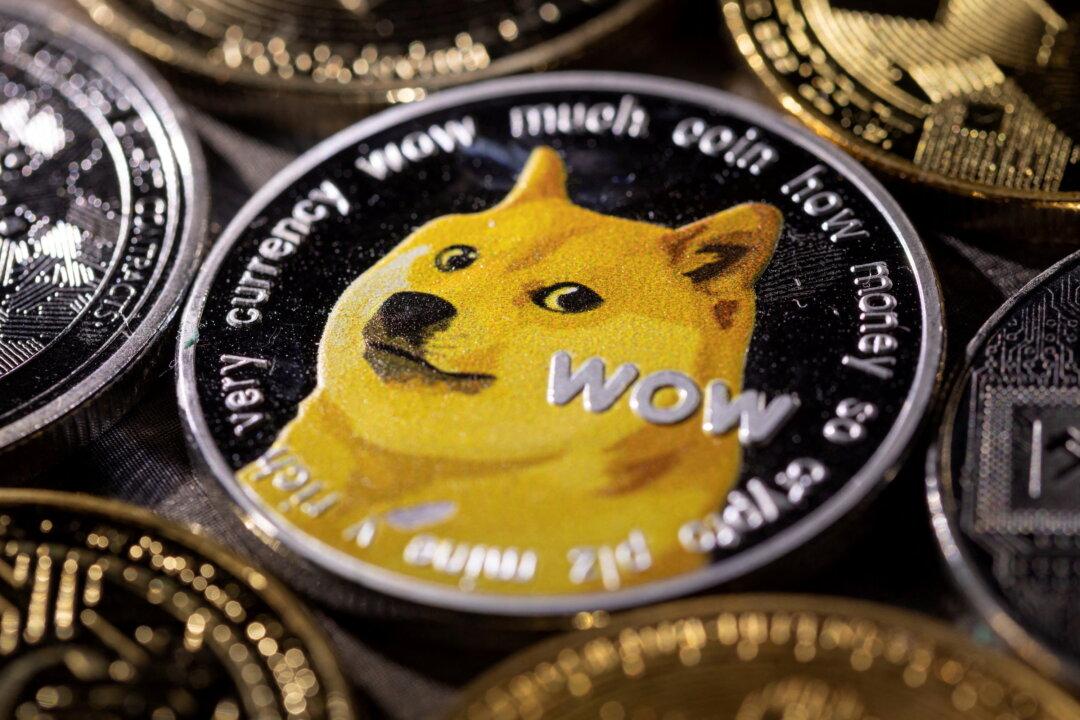Dogecoin prices surged about 8 percent on Tuesday after billionaire CEO Elon Musk reiterated his support for cryptocurrency Dogecoin in a recent interview.
Speaking with Bloomberg News Editor-in-Chief John Micklethwait at this year’s Qatar Economic Forum in Doha, Musk explained his reasoning behind his public endorsement of the digital currency.





